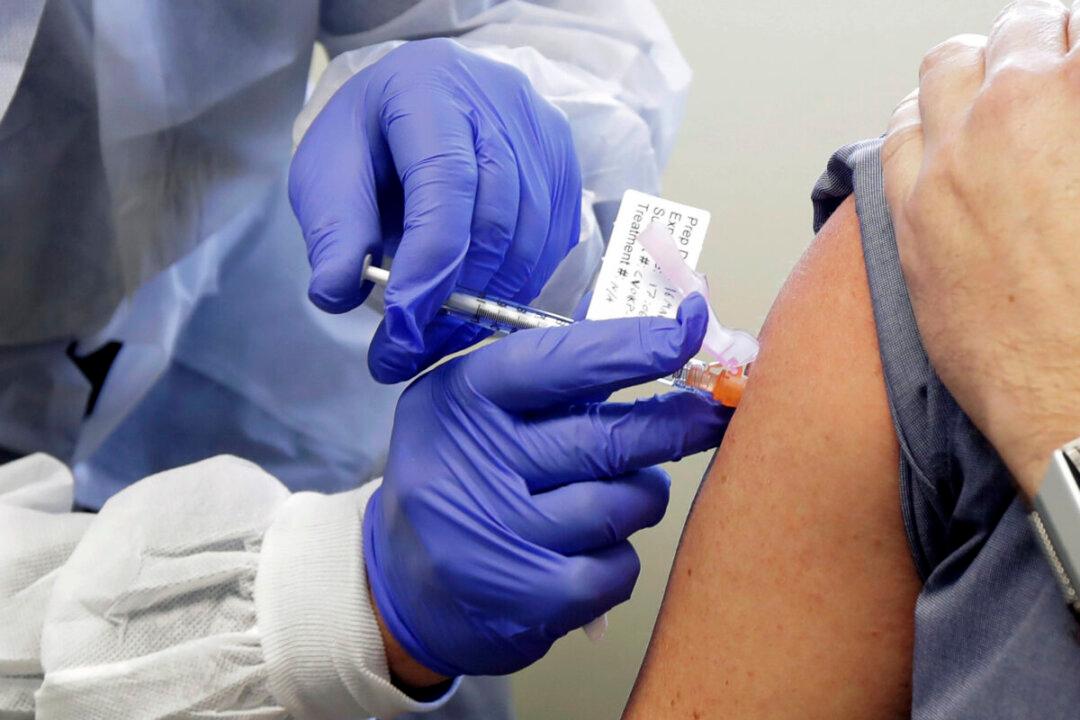Moderna’s COVID-19 vaccine will start arriving in states on Monday, with patients immediately due to start receiving the newly approved product, which has now joined Pfizer’s vaccine in the nation’s arsenal against the pandemic.
U.S. Centers for Disease Control and Prevention (CDC) Director Dr. Robert Redfield gave the final stamp of approval to Moderna’s vaccine on Sunday after the Food and Drug Administration (FDA) issued its emergency use authorization on Friday, paving the way for shipping to begin.





